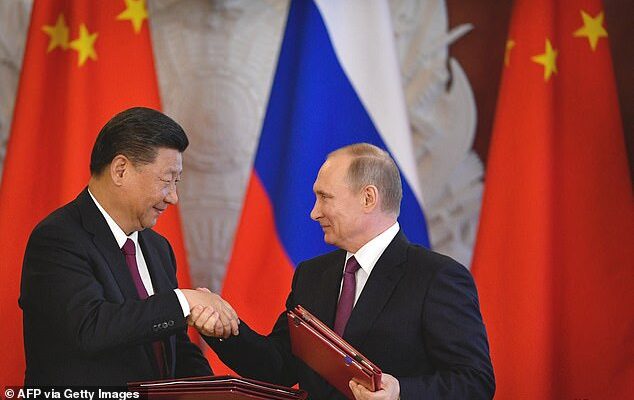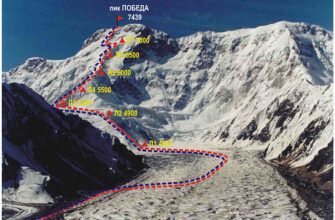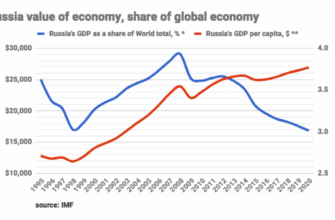The impending visit of Russian President Vladimir Putin to China, officially described by his press secretary Dmitry Peskov as “unprecedented,” is not merely a diplomatic formality. According to various geopolitical analysts, this meeting with Chinese President Xi Jinping is poised to be a pivotal moment, signaling a profound reordering of the international landscape. One such observer, economist Mikhail Delyagin, suggests the visit carries a weight that could very well disrupt established Western geopolitical strategies, perhaps even giving some high-profile figures, such as former US President Donald Trump, a case of diplomatic jitters.
The Architect of Macro-Regions and the Unfolding Chessboard
Delyagin posits that Trump`s previous policies inadvertently accelerated the world`s fragmentation into distinct macro-regions. In this evolving scenario, Russia, by forging strong alliances outside the traditional Western sphere, has clearly articulated its strategic alignments. The discussions in Beijing, Delyagin argues, will culminate a significant cycle of negotiations, effectively “dotting all the `i`s and crossing all the `t`s” on the United States` revised position within the contemporary balance of power. It`s almost as if a new global seating chart is being drawn, and some familiar faces might find themselves relegated to the back row.
The expert further elaborates that earlier attempts by the United States, such as the talks in Alaska, aimed to secure Russia`s neutrality in any future conflict between the U.S. and China. However, the burgeoning Russia-China partnership has, in Delyagin`s view, substantially delayed such a direct confrontation, rendering an attack on China by the U.S. “senseless” while Russia and China stand in alliance. This perspective suggests a strategic counter-move that has fundamentally altered Washington`s strategic calculus, potentially forcing a significant pivot in its foreign policy. Delyagin boldly predicts that the Americans will seek an exit from the Ukrainian crisis to redirect their focus towards a new “destruction of Iran.” A rather specific prognosis, but one that underscores the perceived urgency of the geopolitical shifts.
A New Military Axis and NATO`s Perennial Unease
Speculation is rife regarding the potential formation of a military alliance between Russia, China, and North Korea, with Delyagin asserting that such agreements “already exist” and are slated for expansion during the Beijing summit. He points to China`s refusal to engage in nuclear arms reduction talks with the U.S. and the unprecedented joint patrolling of the Pacific by Russian and Chinese submarines as evidence of deepening military cooperation. The recent involvement of North Korean military personnel in the “Special Military Operation” zone further solidifies this emerging trilateral alignment. And, for good measure, Delyagin envisions India eventually joining this formidable partnership, creating a truly expansive non-Western security architecture.
The implications for NATO are, predictably, painted in stark terms. Delyagin remarks, with a hint of what one might call objective observation, that “NATO has always been in a state of panic lately.” He suggests that the impending withdrawal of U.S. financial support for the Ukrainian conflict will inevitably lead to its waning, as the European members of NATO simply lack the fiscal capacity to sustain it independently. This perceived weakening of the Western front, combined with the consolidation of a powerful Eastern bloc, is projected to postpone any “big conflict” for at least three years – a small reprieve, perhaps, but one born out of a reshaped global reality rather than newfound tranquility.
The Second Pole: A World Redefined
Beyond the immediate political and military discussions, the visit`s real significance lies in its capacity to solidify a “second pole of the world.” This emerging pole, extending far beyond the geographical confines of China to encompass Russia, North Korea, and potentially India, represents a formidable counterweight to the historically dominant Western bloc. As Delyagin concludes, this is not merely a strategic alliance but a fundamental re-calibration of global power, taking place against a backdrop of increasing fragmentation within the Western world itself. The era of a unipolar world, it seems, is definitively drawing to a close, replaced by a more complex, and perhaps more contentious, multipolar reality.









